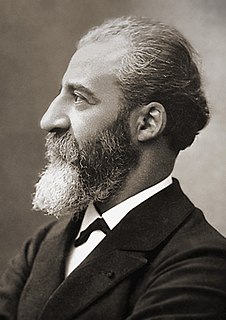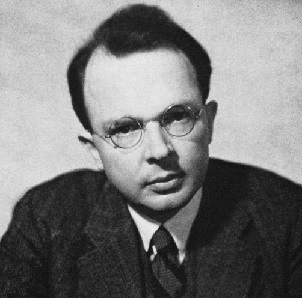A Quote by Dave Barry
Today's scientific question is: What in the world is electricity? And where does it go after it leaves the toaster?
Quote Topics
Related Quotes
The basic question that the 'new science' raises for our balance sheet is the issue of what scientific questions have not been asked for 500 years, which scientific risks have not been pursued. It raises the question of who has decided what scientific risks were worth taking, and what have been the consequences in terms of the power structures of the world.
If you start parsing the cause-and-effect chain backward through time, eventually you land in cosmology - does the story begin with the Big Bang or the out-of-nothing creation of the world by the word of a Southern Baptist god? And that question is even more fraught than any of the others. The stakes couldn't be any higher, because not it's not just a question of life and death, but also a question of life after death or eternal torture after death.
To an extent that undermines classical standards of science, some purported scientific results concerning 'HIV' and 'AIDS' have been handled by press releases, by disinformation, by low-quality studies, and by some suppression of information, manipulating the media and people at large. When the official scientific press does not report correctly, or obstructs views dissenting from those of the scientific establishment, it loses credibility and leaves no alternative but to find information elsewhere.
Yet in truth the big question Camus asked was never the Anglo-American liberal one: How can we make the world a little bit better tomorrow? It was the grander French one: Why not kill yourself tonight? That the answers come to much the same thing in the end-easy does it; tomorrow may be a bit better than today; and, after all, you have to have a little faith in people-doesn't diminish the glamour that clings to the man who turned the question over and look at it, elegantly, upside down.
Will fluorine ever have practical applications?
It is very difficult to answer this question. I may, however, say in all sincerity that I gave this subject little thought when I undertook my researches, and I believe that all the chemists whose attempts preceded mine gave it no more consideration.
A scientific research is a search after truth, and it is only after discovery that the question of applicability can be usefully considered.
Does he treat you with respect at all times? That's the first question. The second question is, if he is the exact same person twenty years from now that he is today, would you still want to marry him? And finally, does he inspire to be a better person? You find someone you can answer yes to all three, then you've found a good man.
How can we find spiritual meaning in a scientific worldview? Spirituality is a way of being in the world, a sense of one’s place in the cosmos, a relationship to that which extends beyond oneself. . . . Does scientific explanation of the world diminish its spiritual beauty? I think not. Science and spirituality are complementary, not conflicting; additive, not detractive. Anything that generates a sense of awe may be a source of spirituality. Science does this in spades. (158-159)

































